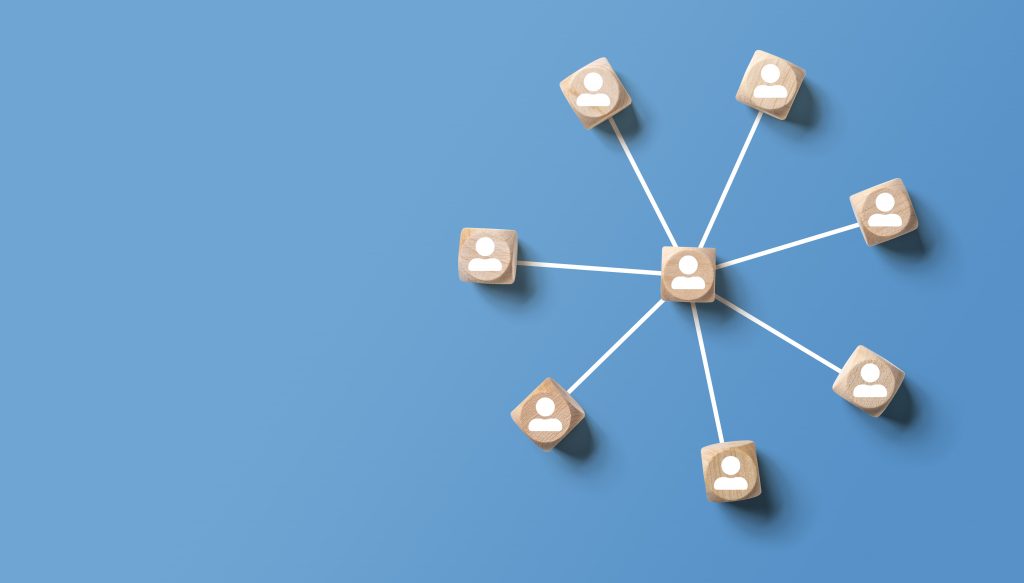Social innovation refers here to innovation in social relations through initiatives and policy processes aiming at addressing structural problems of social exclusion and inequality.

Social innovation encompasses processes and actors at different governance levels (macro, meso, micro levels), and involves empowerment of social movements and bottom-up governance initiatives.
The Module aims to be part of courses on public policies, public administration/management, and social policies for both national and international graduate and postgraduate students in political science and public administration. Since the cases cover crucial decision-making processes, it is also of interest for practitioners (i.e., public managers) at different organisational levels.
Main objective of the Social Inclusion game set
To provide a set of different scenarios of decision-making processes across social inclusion policies that are addressing new social problems. In particular, the missions explore how different actors participate and delineate crucial aspects of social policies, such as to the policy response to social crisis, failures in addressing human rights protection from a multilevel approach, accountability reforms, challenges involved in the use of artificial intelligence in the provision of social services, and in the regulation of the market.
Multilevel approach on policies/structures
The analysis considers the multilevel complexity in policy-decision, as some missions cover policies with different tiers of government participation. Particular attention is given to the interaction between different ties of government that have powers over the policies examined and civil society actors. The approach allows the audience (students and practitioners) to understand the policy-making process through the analysis of the interrelationships between different actors that have diverse types of interest, goals, and resources.
The missions
The missions are designed on the basis of fictional cases adapted from real initiatives. The following are the titles of those included in this game set:
Mission 1. Service provision in crisis times: The case of school meals for vulnerable children
Mission 2. Artificial intelligence and automated decision-making in welfare policies
Mission 3. Externalisation of borders for people seeking international protection
Mission 4. Labour rights regulation and the digital platform-based economy
Mission 5. Quality performance in care policies

